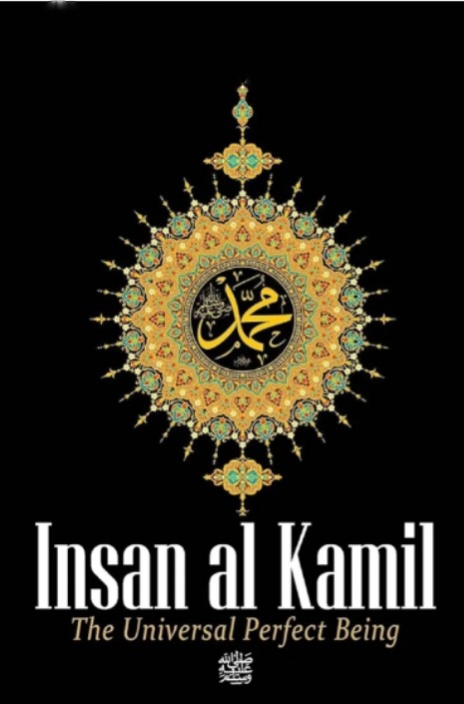Uncategorized
-
“ALLAH Is Light, Time Is Not Your Enemy: Unlock the Hidden Order of Existence”
Time, Light, Energy — and the Hidden System That Guides Humanity A Message for Every Human Being on Earth 1. The Silent Question Every Human Asks Every human, at some point, asks the same question: “Why do I never have enough time?” We say: But look carefully. Time never shouts.Time never complains.Time never rushes. It…
-
“When Life Feels Too Heavy, This One Dua Can Change Everything.
Dua for Protection from Worries, Poverty, Illness, and Evil Mashallah La Quwwata Illa Billah – A 30 Days Meditation Plan Life is not always easy.Sometimes we feel worried.Sometimes money problems come.Sometimes illness makes us weak.Sometimes we feel afraid of evil, bad people, or negative energy. Islam gives us a beautiful solution: Dua. Dua is talking…
-
“The Dua That Is Making Millions Cry at Night — And Trust Allah Again”
🌸 A Beautiful Qur’anic Dua to Get Married A Prayer That Can Heal Hearts and Awaken Hope in Humanity Introduction: A Quiet Cry Inside Many Hearts Across the world, millions of people smile every day…but inside, they feel lonely. Some people are waiting for marriage.Some people are tired of waiting.Some people trust Allah — but…
-
“The Shocking Truth About Ice Addiction Recovery That Every Human Must See – Your Life Can Change Today”
📖 Table of Contents – Complete Recovery Guide 1. Introduction 2. Why Youth Use Ice 3. Dangers of Ice 4. Scientific Research on Ice 5. Recovery Therapies 6. Medicines / Medicine Salts 7. Spiritual Solutions 8. Nutrition and Diet 9. Meditation & Mind Training 10. Acupressure for Recovery 11. Yoga & Holistic Healing 12. Motivational…
-
ICE Drug Hijacks the Human Mind — And Humanity Must Take It Back”
ICE Drug: A Silent Enemy of Our Youth – From Darkness to Healing By Shoaib Nasir Some problems are so painful that silence becomes a crime.ICE drug is one of them. Every day, somewhere in the world, a young boy or girl loses their smile, their dreams, and their future because of ICE drug. These…
-
“Dopamine, Desire, and God: The Silent War Inside Every Human Being”
This is not entertainment.This is awakening. THE HUMAN MIND, DESIRE, AND THE HEART A Message That Can Change Humanity (Read slowly. This is not social media. This is medicine.) WHY THIS ARTICLE EXISTS Every human being faces this silently. A man looks outside even when love is at home.A woman compares even when care is…










